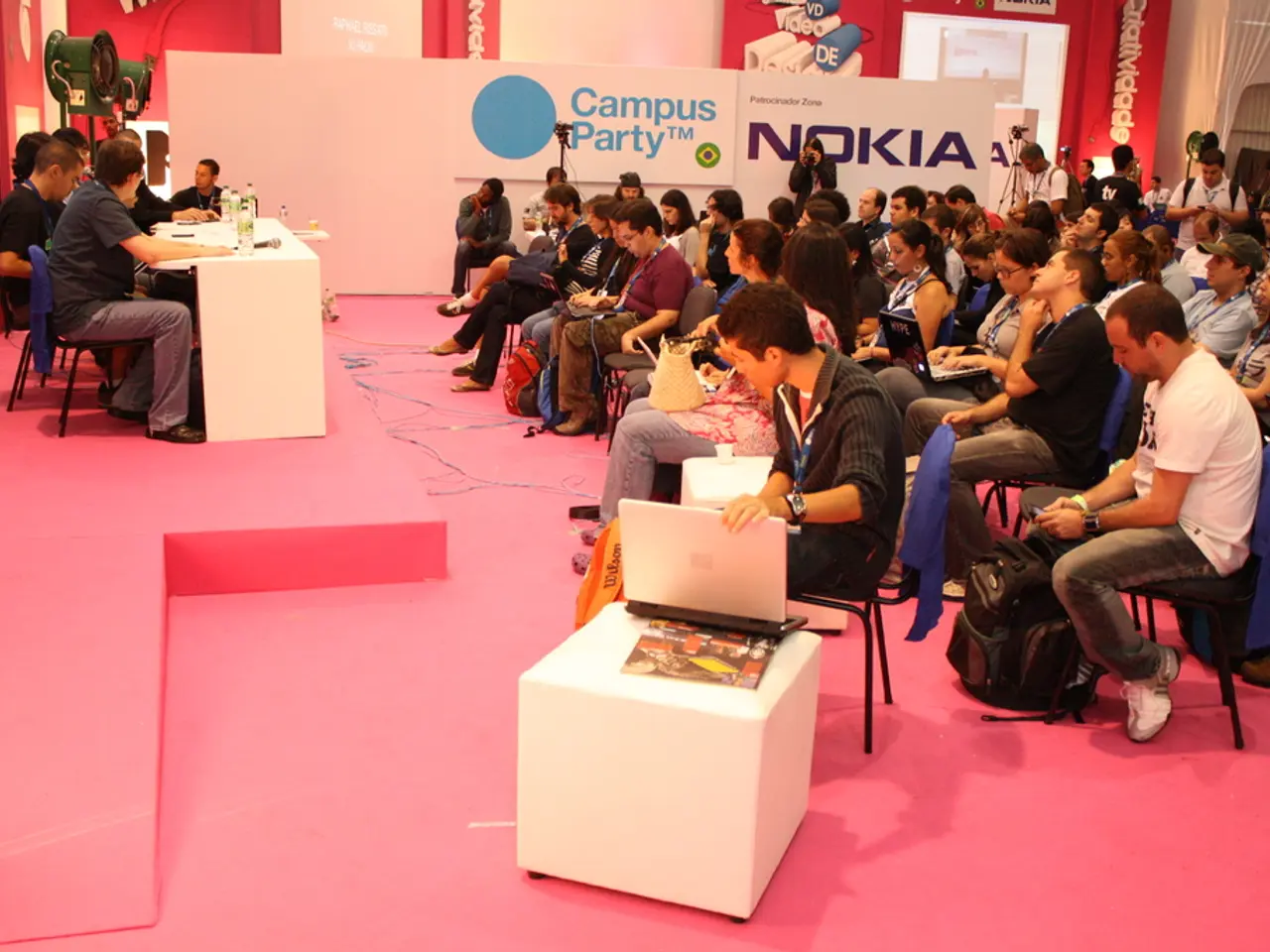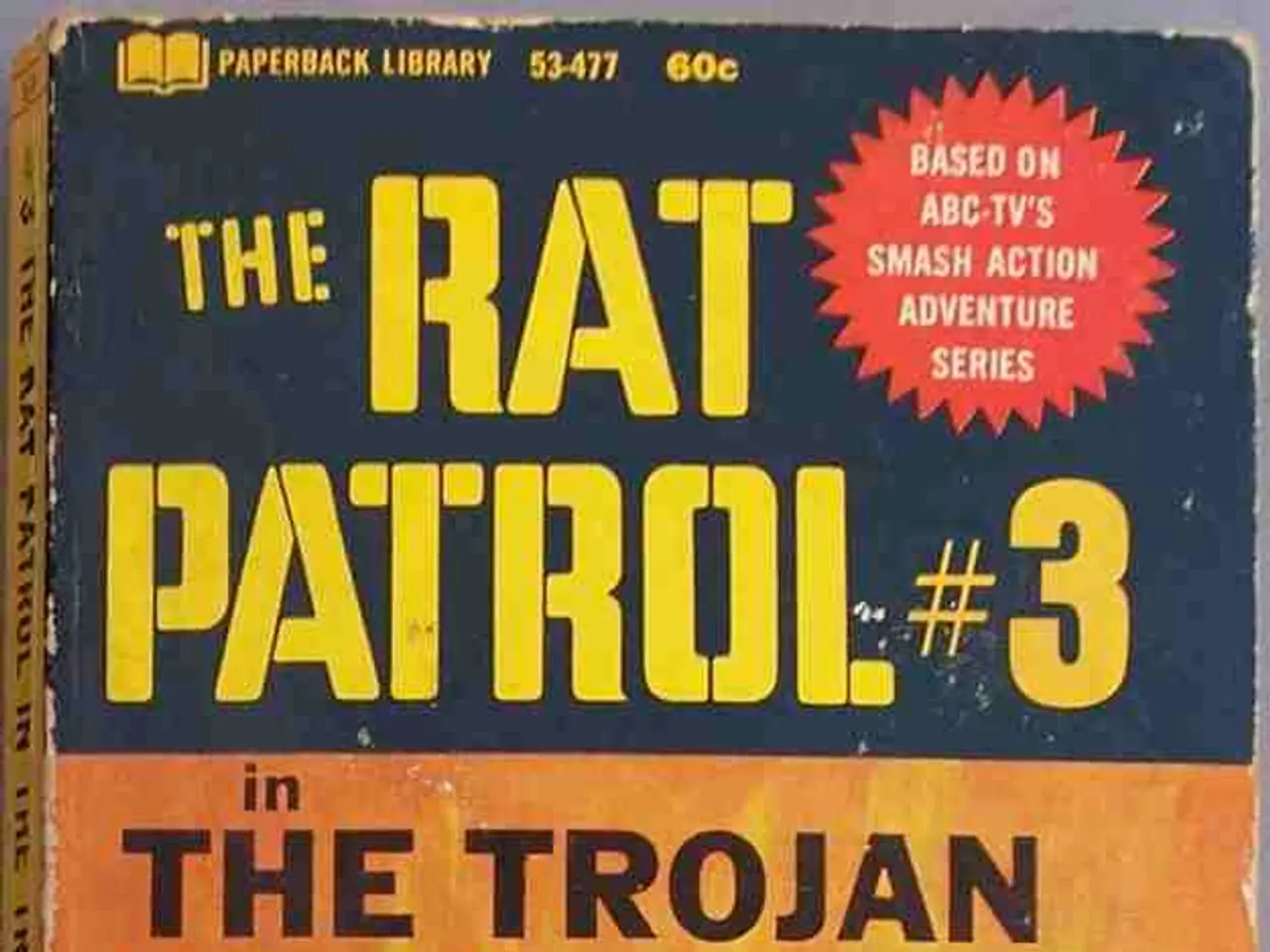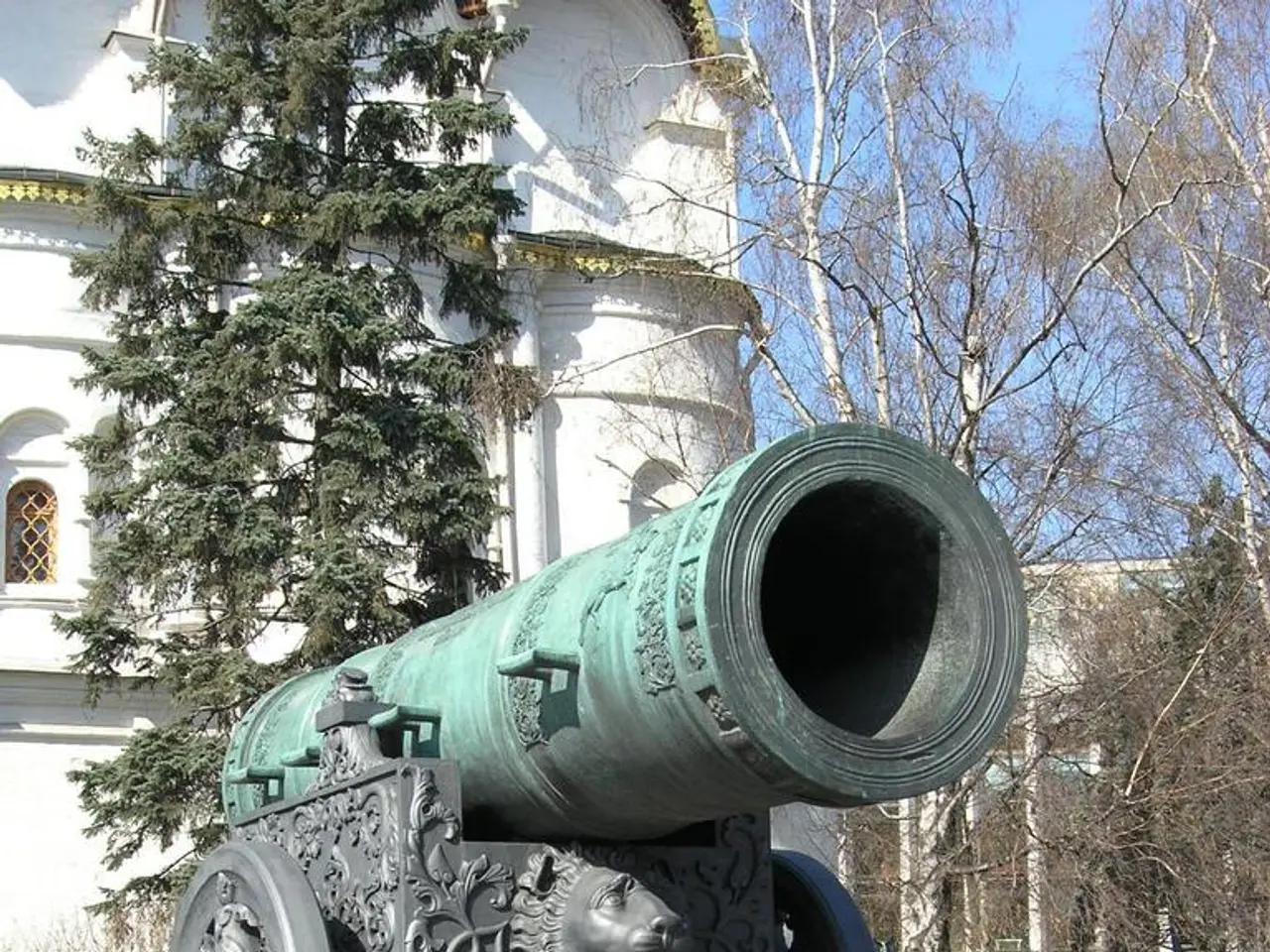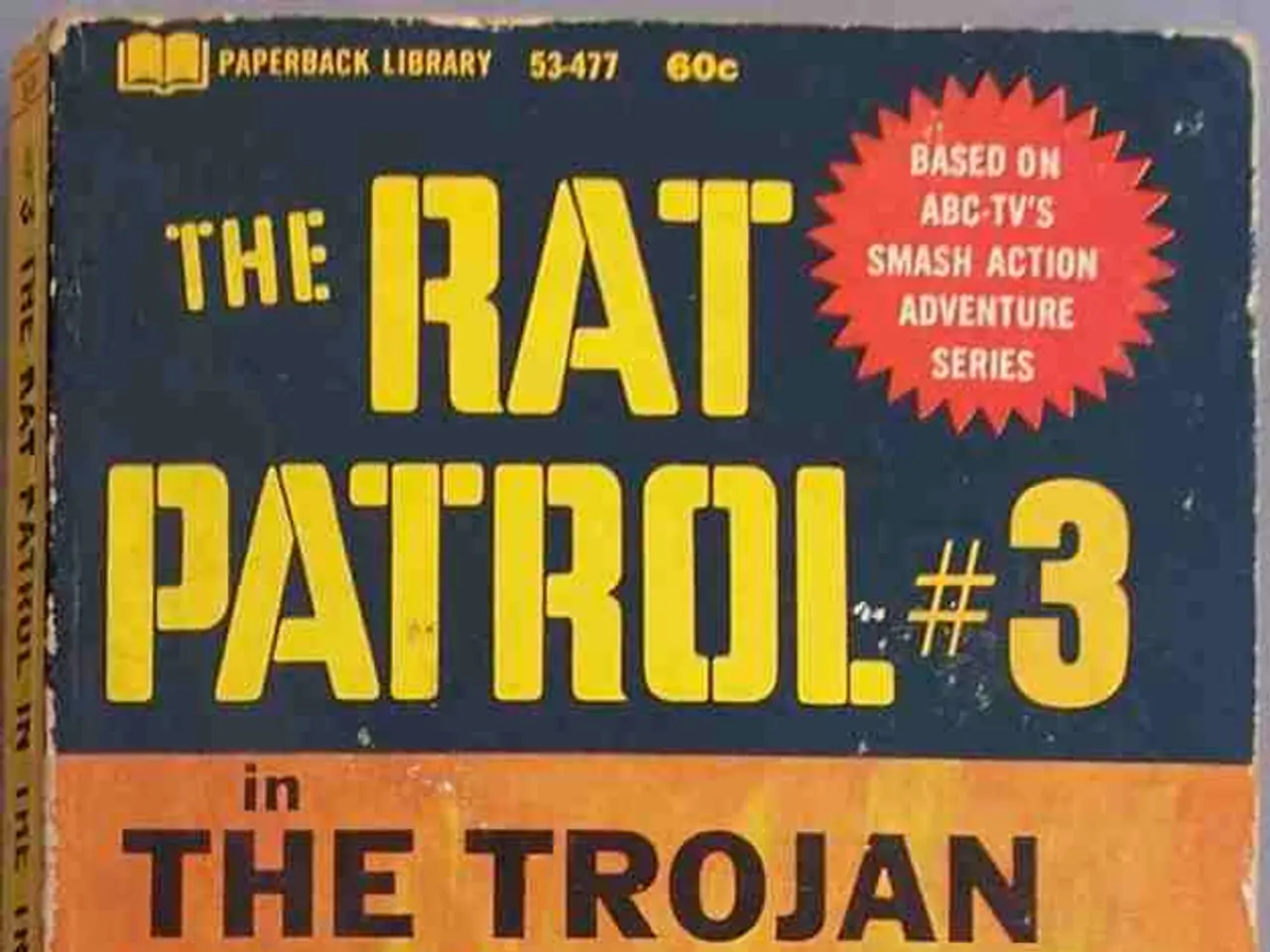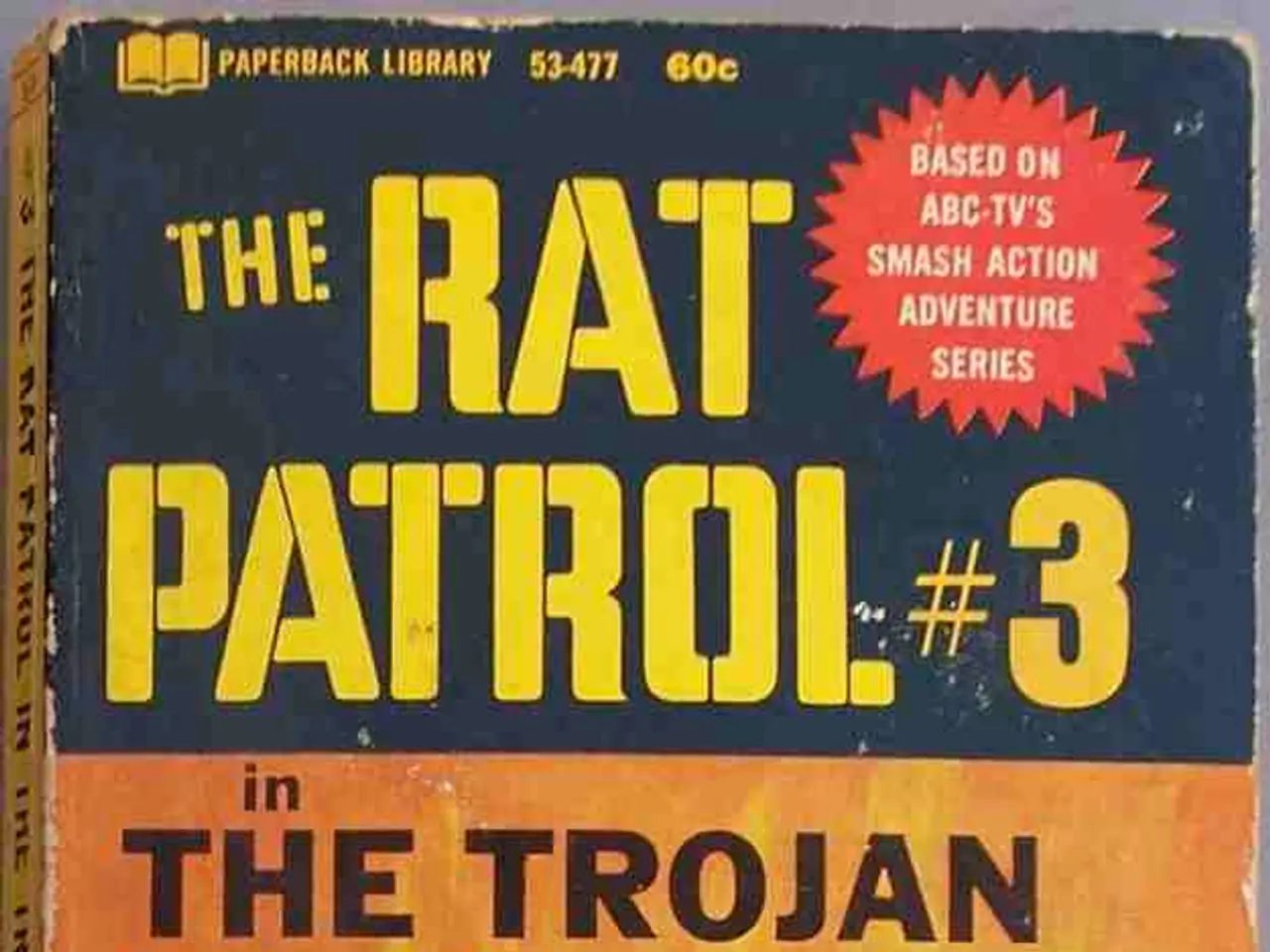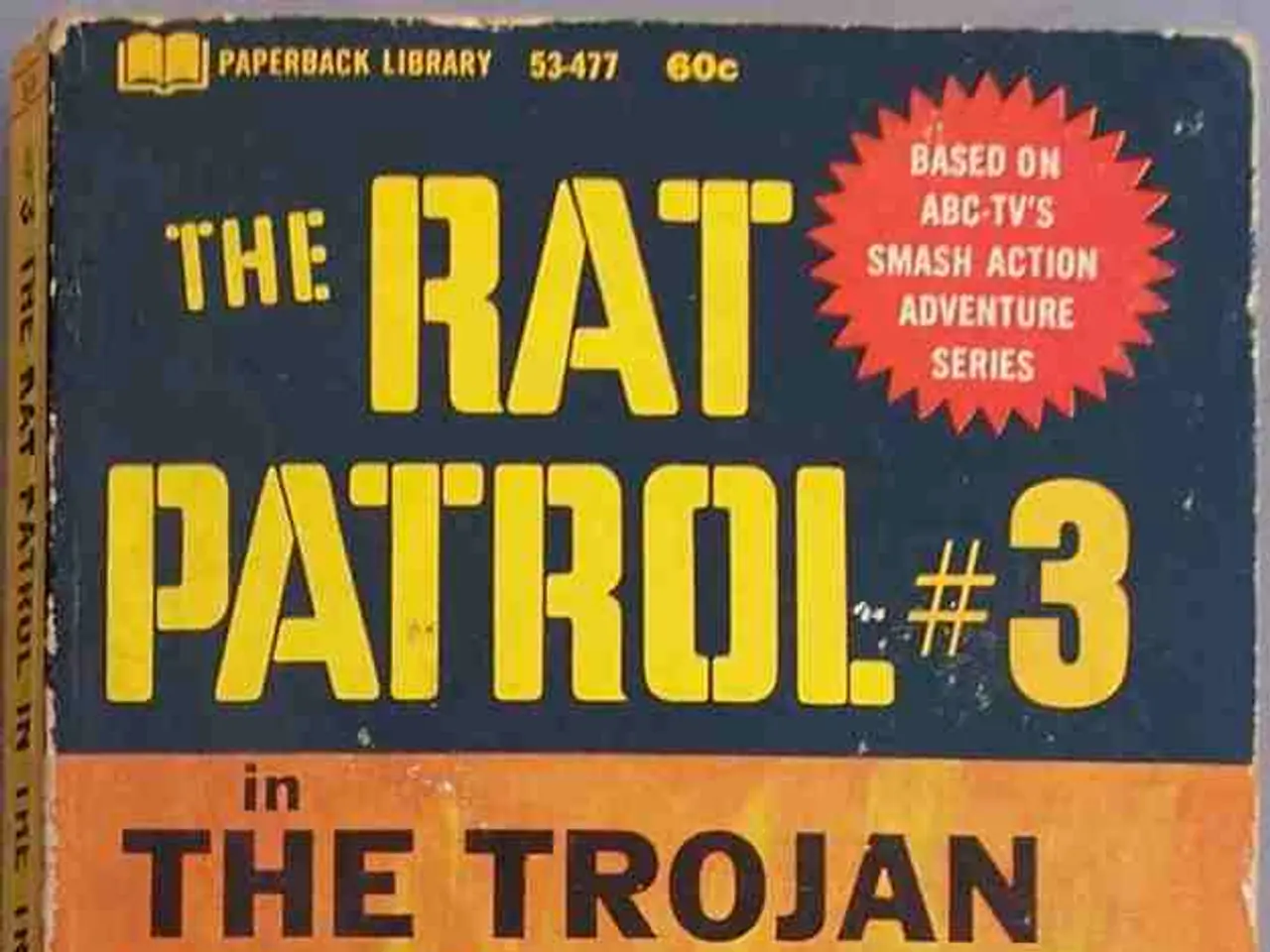Memory serves not as a burden, but as a connecting pathway - a pathway towards tranquility
Article Title: Commemoration in Dortmund Highlights Urgent Need for Nuclear Disarmament
In Dortmund, Germany, a poignant commemoration was held to remember the atomic bombings of Hiroshima and Nagasaki. Attendees were invited to an exhibition at the Berswordt Hall, where they were greeted by the soothing tones of Reinhard Raschke playing the trumpet. The Sen Ryoku group from Meschede added an authentic Japanese touch with their drum music.
The commemoration served as a powerful reminder of the devastating consequences of nuclear weapons. Dr. Volker Wippermann, from IPPNW, emphasised that the commemoration is a social duty, while Dr. Inge Zeller spoke about the environmental impact of atomic explosions and waste disposal. Yoko Schluetermann, the chairperson of the German-Japanese Society of the Society Abroad, warned of the danger and long-term reality of atomic bombs.
Schluetermann also invited attendees to an exhibition featuring drawings of victims of the explosion and pictures of destroyed houses. A highlight of the exhibition was the Ginkgo tree, which survived the atomic bomb explosion in Hiroshima and is now 30 years old. The tree, brought to Dortmund by Dr. Shuntaro Hida, a survivor of the Hiroshima bombing, stands as a symbol of resilience and hope.
Friedhelm Evermann, the special representative for diversity, tolerance, and democracy in Dortmund, spoke at the commemoration. Evermann emphasised that remembering the atomic bombings is a bridge to peace. Yoko Schluetermann also regretted that even Japan itself had not signed the ICAN treaty, which was awarded the Nobel Peace Prize in 2017.
The ICAN treaty, formally known as the Treaty on the Prohibition of Nuclear Weapons (TPNW), is an active international treaty aimed at outlawing nuclear weapons. As of August 2025, 94 countries have signed the treaty, 73 have ratified it, and 4 others have formally adhered to it. However, Germany has not signed the treaty due to its security ties to NATO and reliance on nuclear deterrence.
Despite Germany's reluctance, ICAN and allied organisations continue campaigning domestically and globally to increase pressure on governments like Germany to join the TPNW. The commemoration in Dortmund serves as a call for action, reminding us all that we must quickly learn from history to avoid repeating the mistakes of the past.
Four commemorative plaques will be erected in Dortmund to remember the victims of the atomic bombing and serve as a symbolic call against nuclear weapons. The plaques will be located at the Reinoldikirche, the Platz of Hiroshima, the Friedensplatz, and at the Ginkgo tree. Only markings were previously allowed at these locations, but now, these plaques will stand as a powerful reminder of the devastating impact of nuclear weapons.
As the last surviving Hibakusha pass away, it is crucial that we remember their painful experiences and learn from them. By 2045, all the survivors of the atomic bombing will no longer be alive. We must ensure that their stories live on, and that the world moves towards a future free of nuclear weapons.
[1] International Campaign to Abolish Nuclear Weapons (ICAN). (n.d.). About ICAN. Retrieved August 15, 2023, from https://www.icanw.org/about/
[4] United Nations Office for Disarmament Affairs. (n.d.). Treaty on the Prohibition of Nuclear Weapons. Retrieved August 15, 2023, from https://www.un.org/disarmament/wmd/treaties/nuclear/tpnw/
[5] United Nations Office for Disarmament Affairs. (n.d.). TPNW Timeline. Retrieved August 15, 2023, from https://www.un.org/disarmament/wmd/treaties/nuclear/tpnw/timeline/
- The commemoration held in Dortmund, originally intended to remember the atomic bombings of Hiroshima and Nagasaki, also resonated with political tones, as speakers discussed the ongoing need for nuclear disarmament, specifically the International Campaign to Abolish Nuclear Weapons (ICAN) and the Treaty on the Prohibition of Nuclear Weapons (TPNW).
- The call for action, symbolized by the four commemorative plaques installed in Dortmund, not only remembers the atrocities of war-and-conflicts, such as the Hiroshima and Nagasaki bombings, but also underscores the significance of the church and general-news in fostering awareness, promoting peace, and advocating for the crucial role of the TPNW in the future of global politics.

